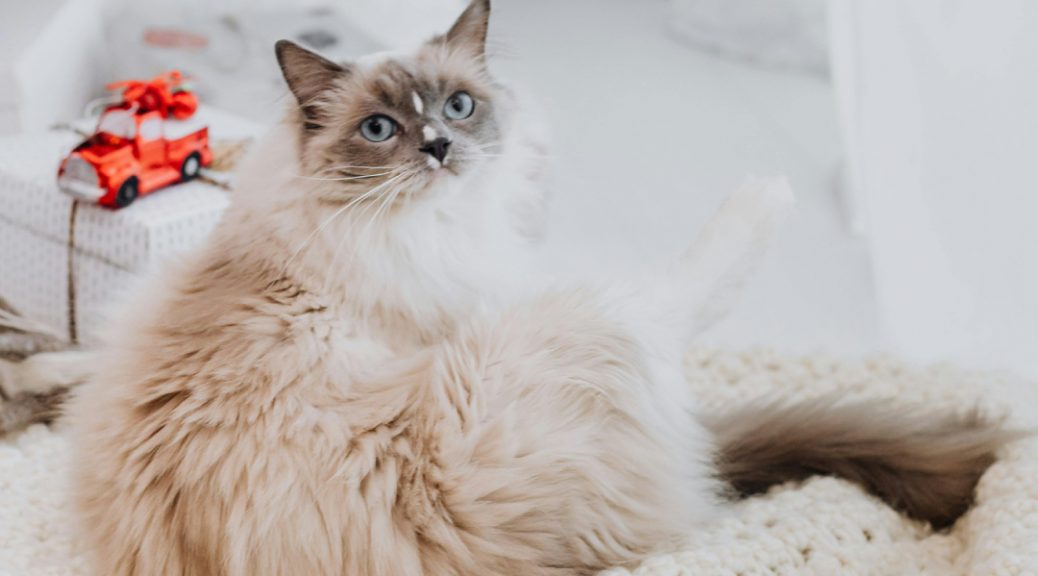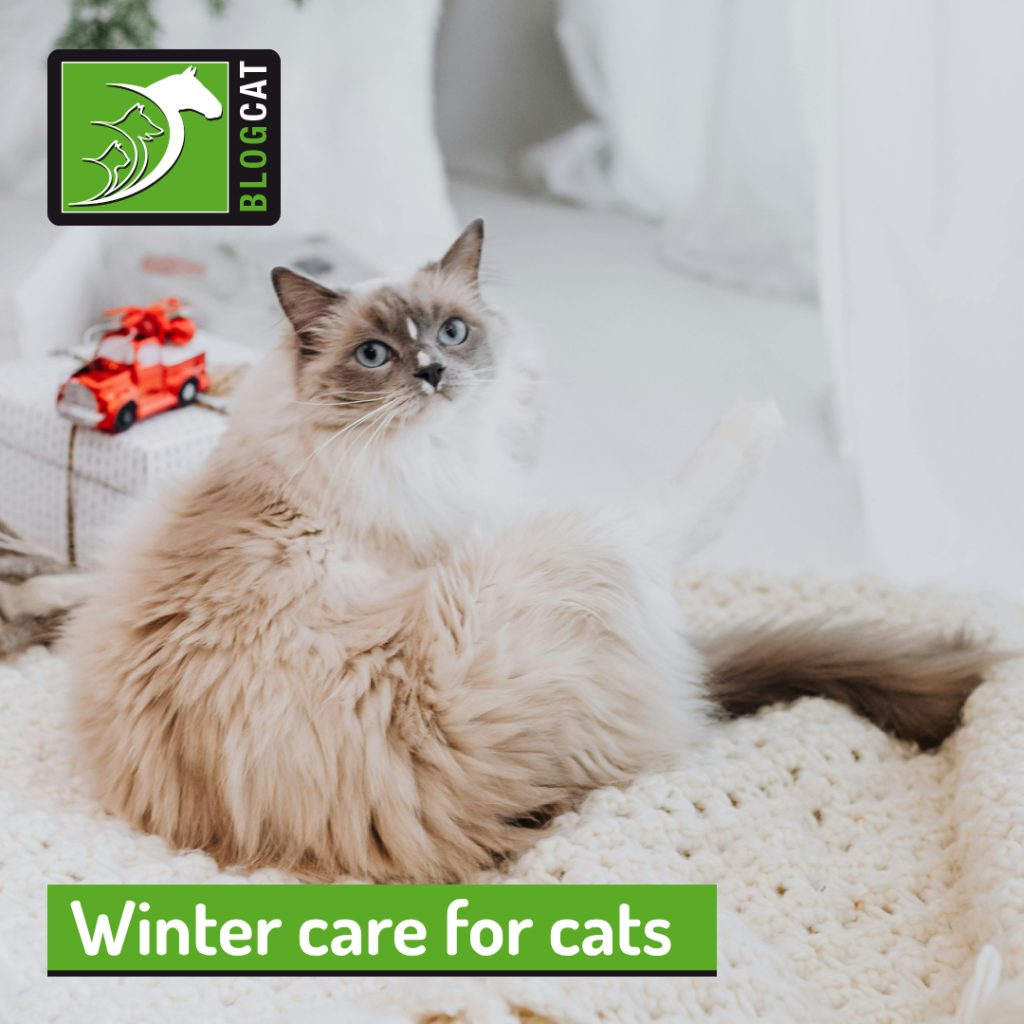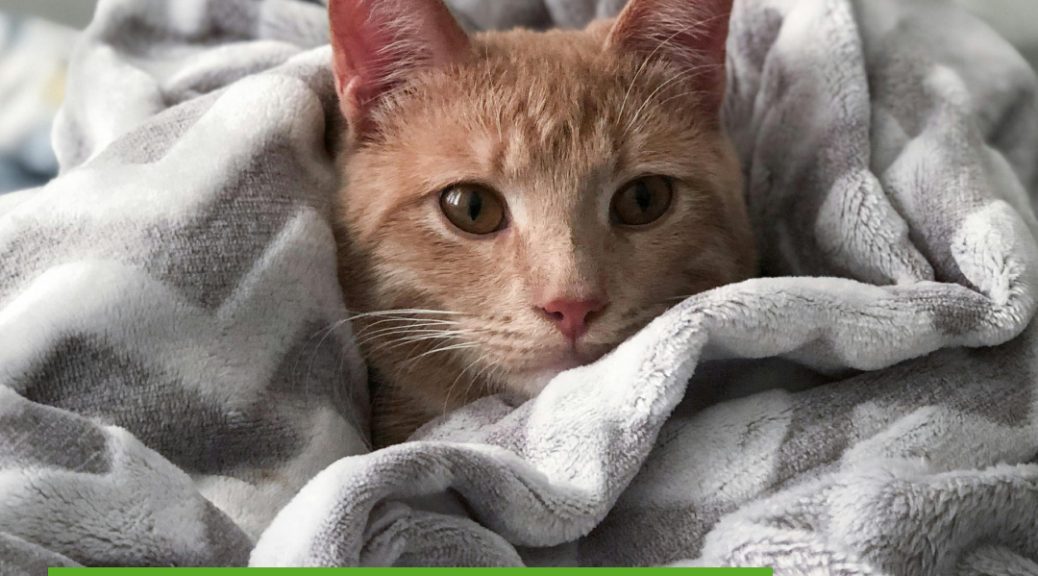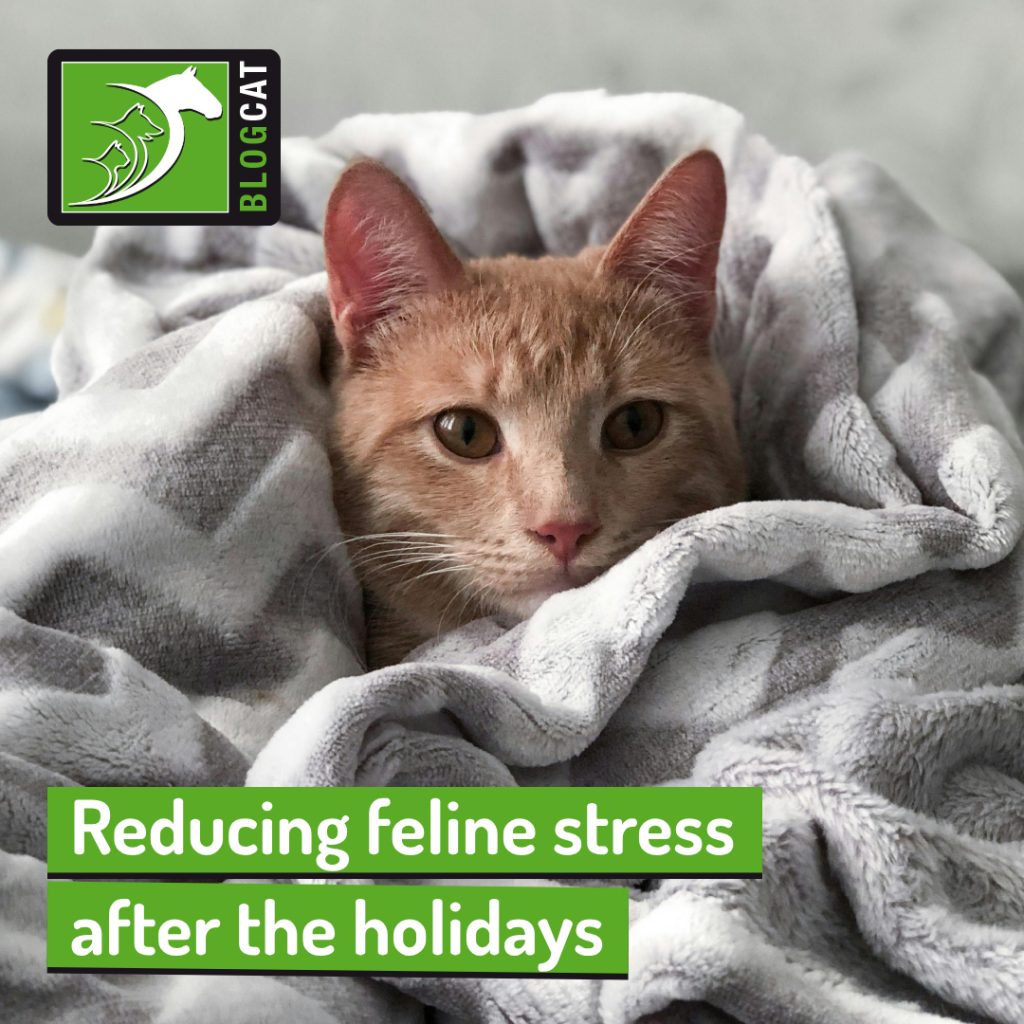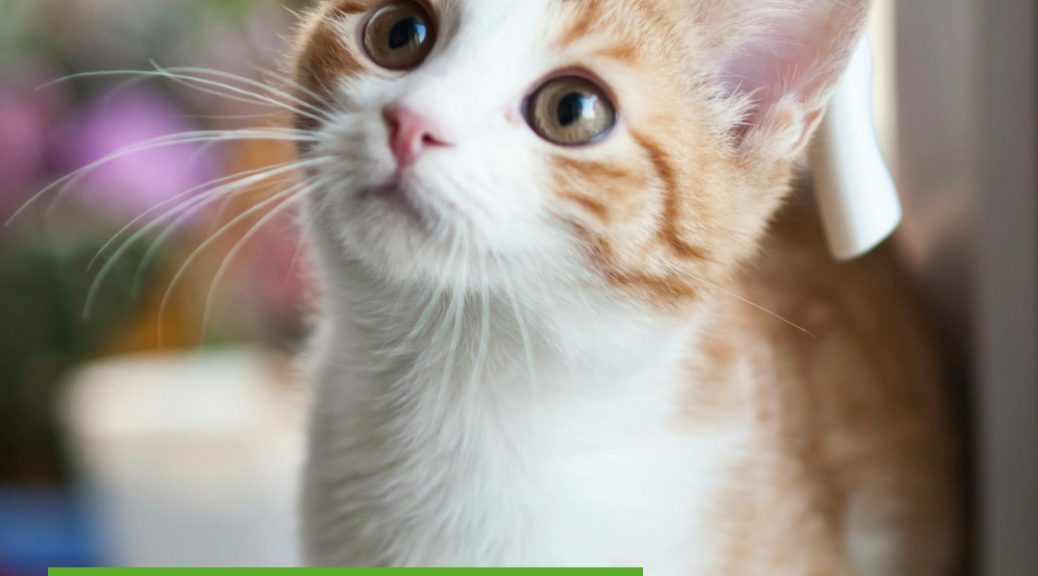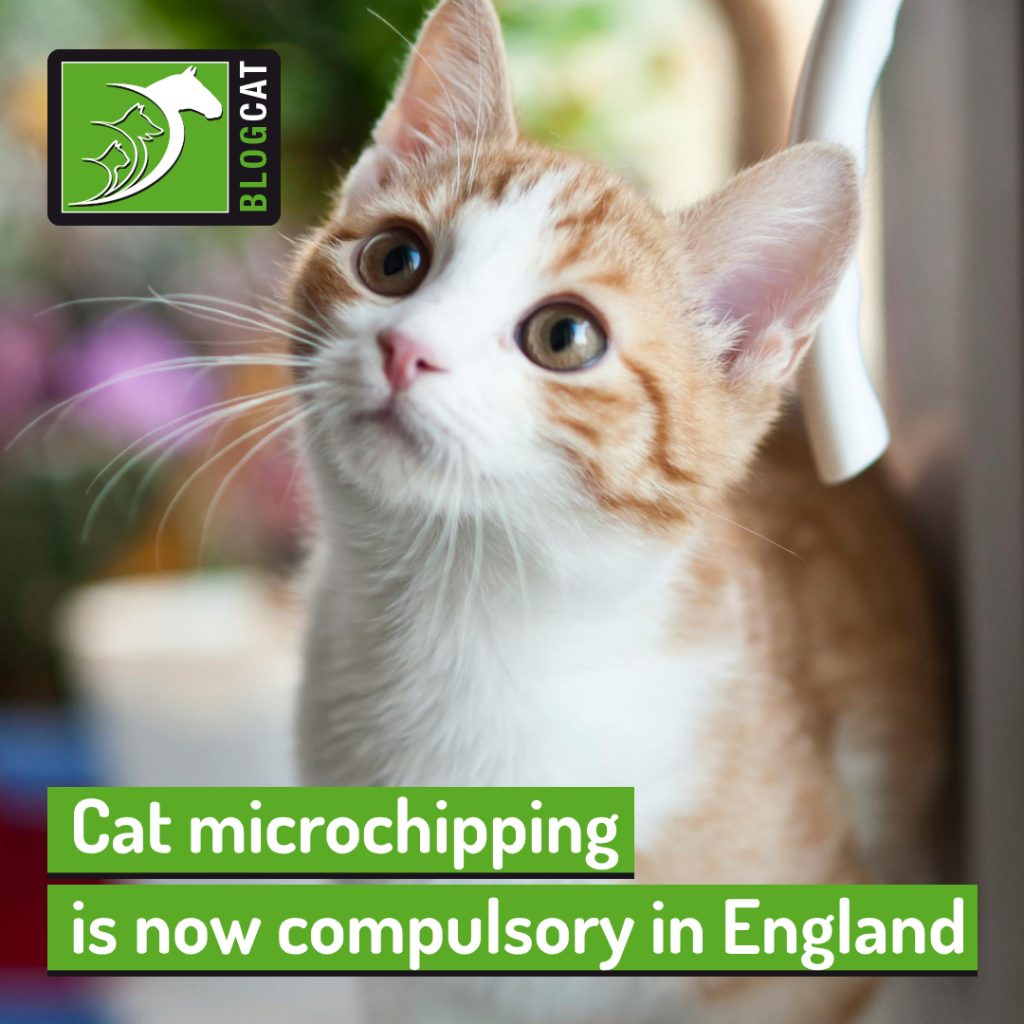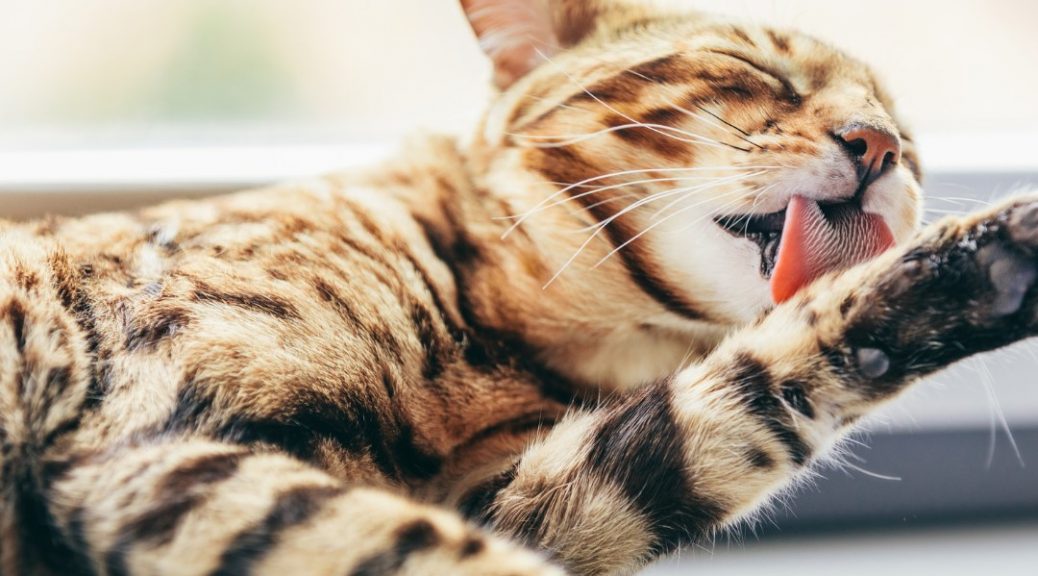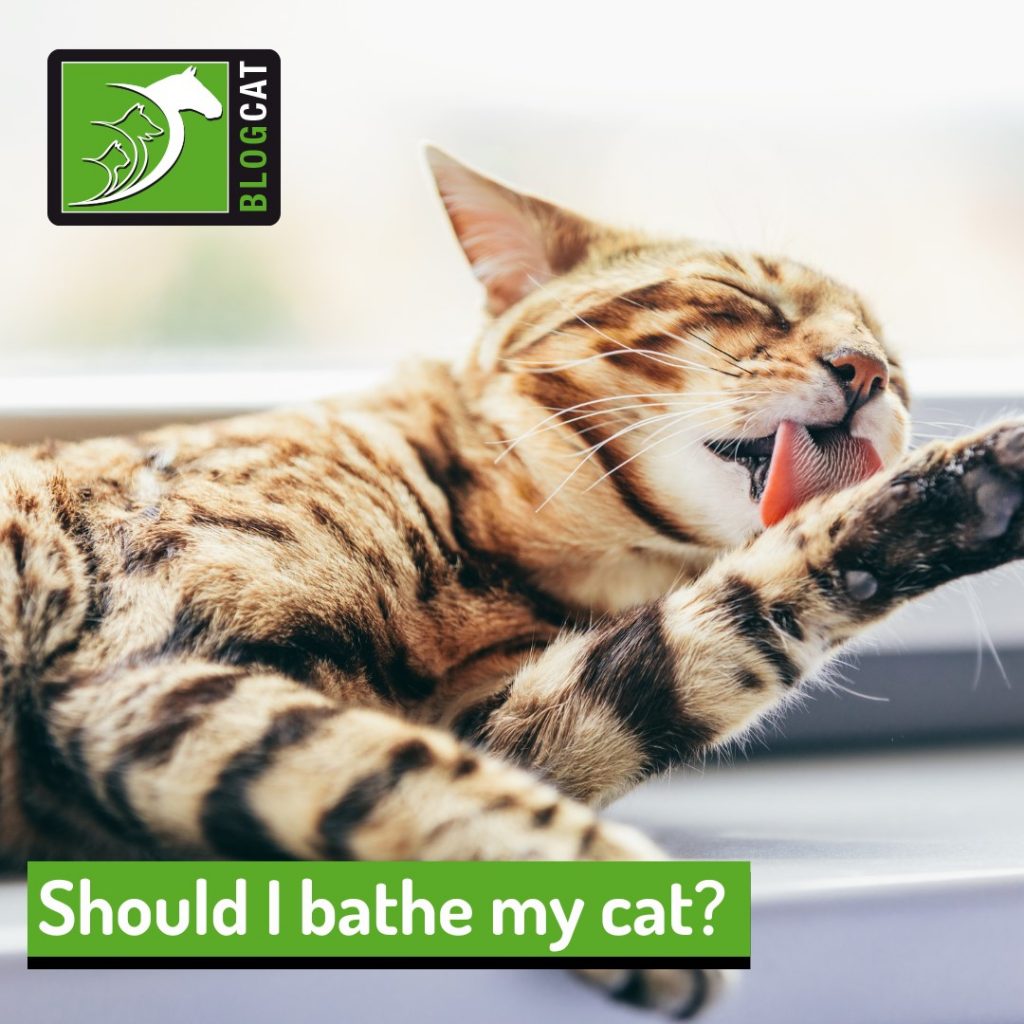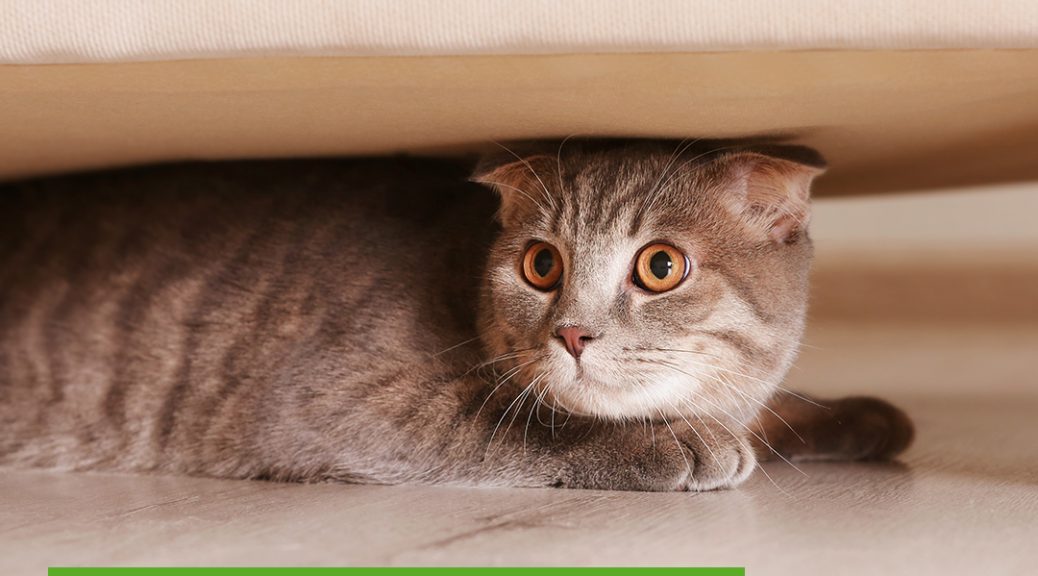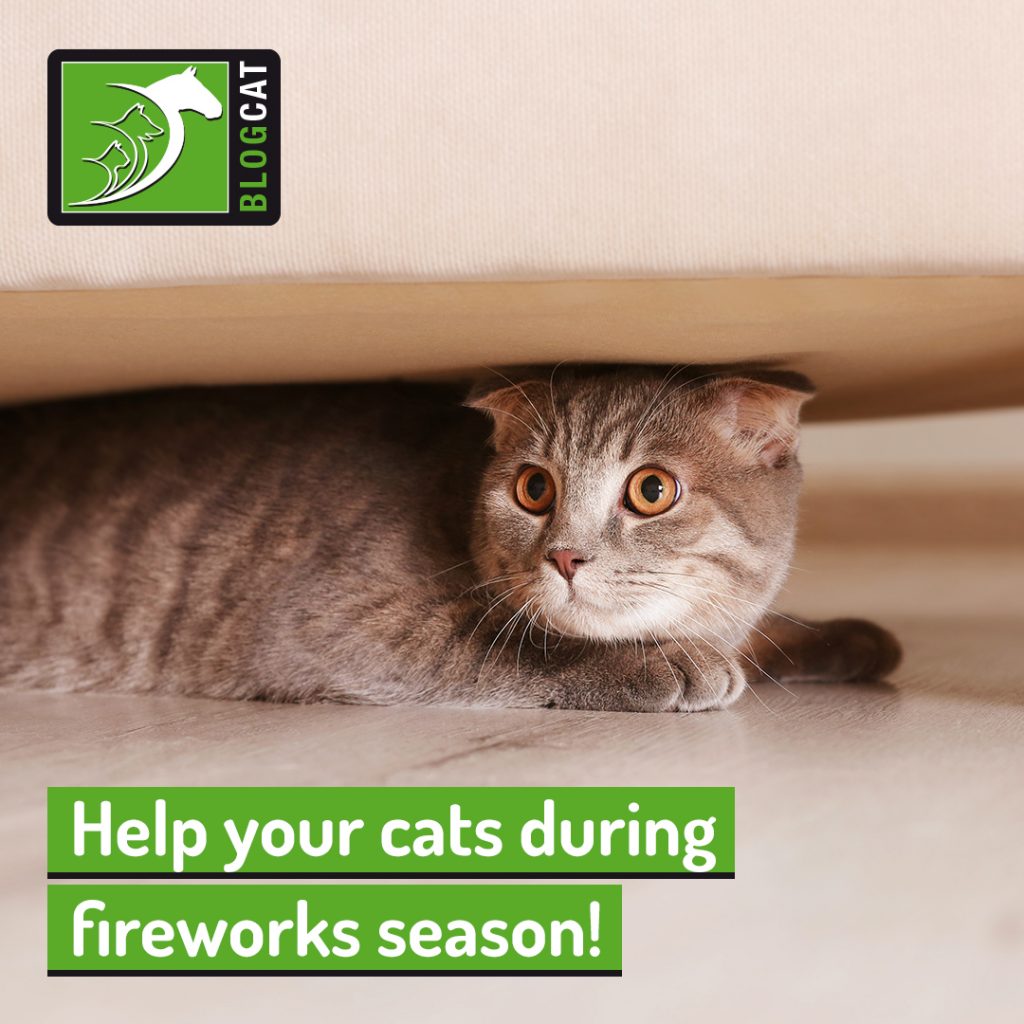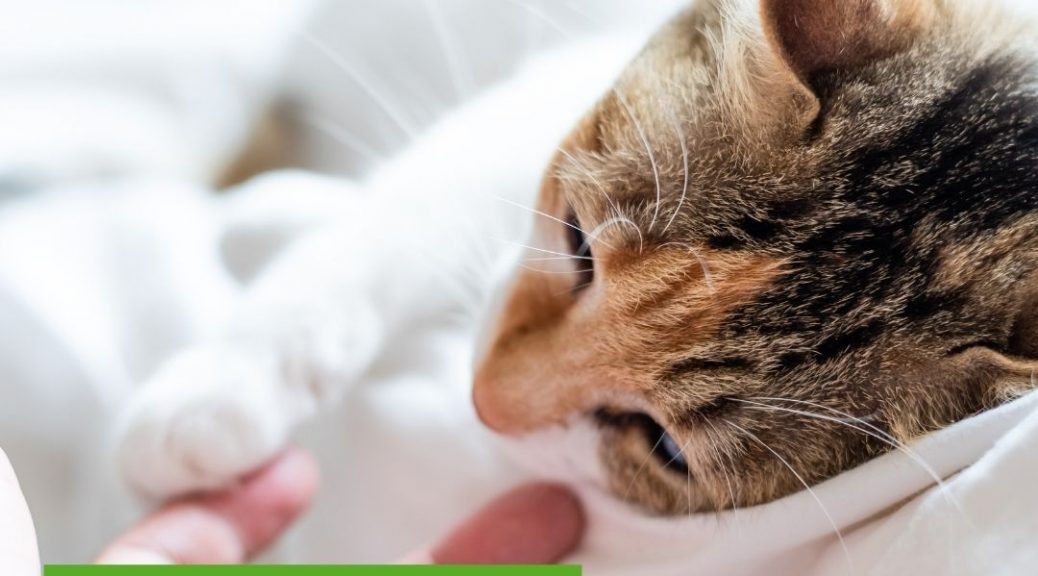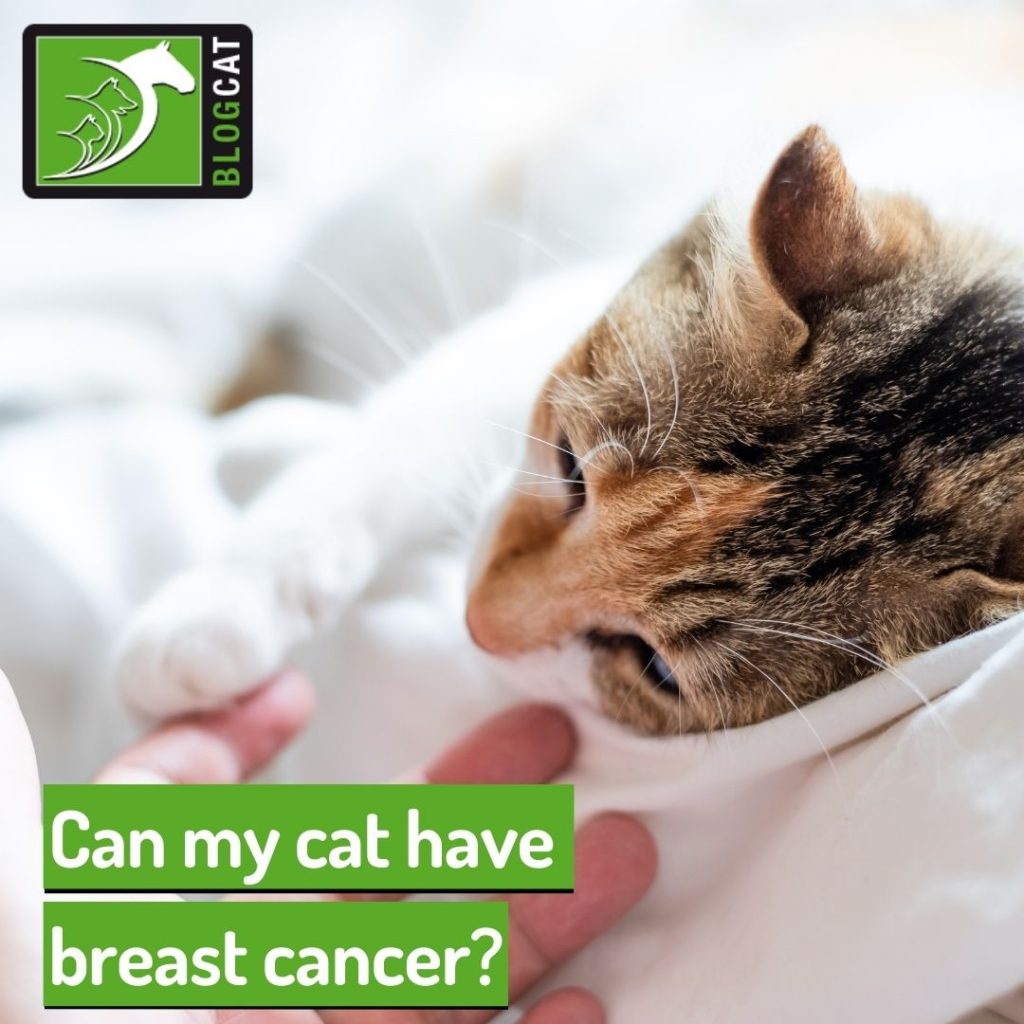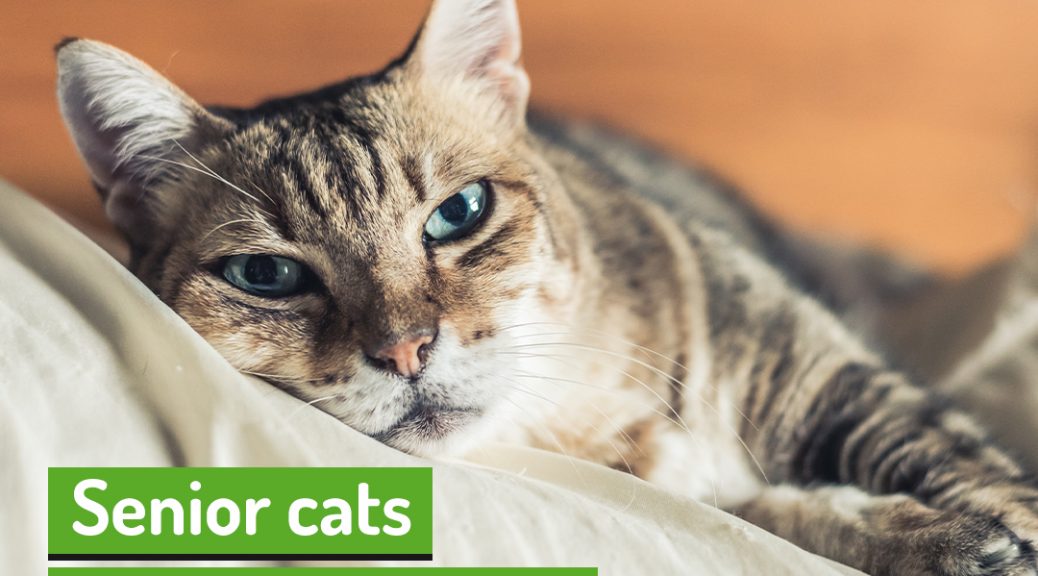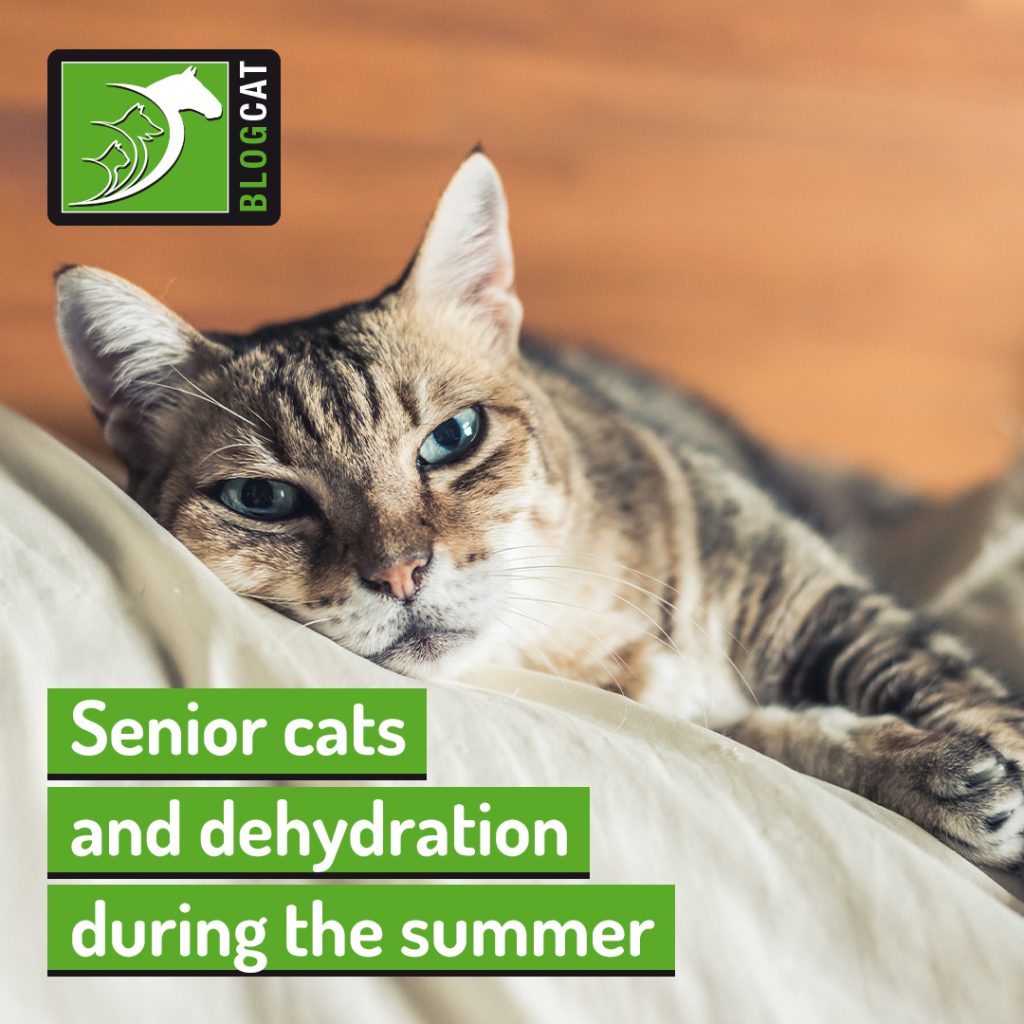With 2025 in full swing, it’s time to consider your pet’s preventative health! There are many things, like vaccines, flea and tick treatments or dewormers, that can help keep your furry friends in excellent health.
Routine appointments are also a cornerstone of preventative care, as they allow your vet to check for any problems that might be affecting your pet’s quality of life and start treating them as soon as possible.
Learn more about the essential preventative health needs of your pets below!
What will a vet check at a routine appointment?
Just like in human medicine, routine veterinary appointments are an excellent opportunity for you to discuss your concerns with your vet and for them to give your pet a thorough physical examination.
Here are some of the things your vet might do:
- Go over any long-standing problems and also any issues you might have spotted since your last visit;
- Weigh your pet and observe their body condition for anything concerning;
- Examine how they walk and how they stand;
- Perform a complete physical examination and check for any early signs of disease
- Keep a close eye on any possible painful responses, and then try to locate the source of any pain;
- Listen to the heart and lungs, plus measure breathing and heart rate;
- Ask questions about your pet’s health and how he or she has been at home.
In case something is wrong or needs to be examined further, your vet may want to carry out additional tests and, if appropriate, prescribe medication to treat any issues.
How regularly should your pet pay a visit to the vet? Most pets are recommended annual visits, but this can change depending on their age and health conditions! Ask your vet about the right frequency for your furry friend.
I’m not sure if my pet has their vaccines up to date, what should I do?
The best thing to do if you’re unsure about your pet’s vaccines is to call your vet and schedule an appointment for him or her.
Most species of companion animals (including exotic and farm animals) are susceptible to many diseases that can be prevented with vaccines, but that would otherwise be very difficult to treat successfully. These vaccinations ensure a protective immune response for problems like rabies, feline panleukopenia, canine hepatitis or distemper, to name a few.
However, most of these vaccines require boosters every once in a while, to keep his or her immunity in tip-top shape.
If your pet hasn’t been to see the vet for a while, now is the perfect time to schedule a visit to sort out his or her annual vaccines!
Are regular parasite treatments really needed?
Parasites are a fact of life for pets! Even indoor-only companion animals can easily find themselves with a flea infestation, as humans can carry these inside the house easily, so it’s not really a matter of “if”, it’s truly a matter of “when”.
Some of the most common types of parasites include fleas, ticks, mites and various species of worms.
That’s why regular treatments to help control internal and external parasites are powerful factors in the health of your pets as well as of you and your family. Many of these parasites can also infect humans and cause serious diseases – by protecting your pets, you are also protecting yourself.
The type and frequency of these treatments depend on his or her lifestyle, so don’t hesitate to ask the vet to create an annual plan!
In summary:
- Vaccines protect companion animals against deadly diseases like rabies, parvovirus, feline panleukopenia or canine distemper;
- Routine appointments (for instance, annually) can help your pets get treatment as early as possible, which, in turn, might improve disease outcomes;
- Deworming and external parasite treatments ensure that you, your family and your pets are protected from any nasty bugs that might show up including tapeworms, fleas and ticks;
- If your furry friend has a health condition or is older, he or she might need routine appointments that are more frequent to help with disease monitoring or early detection.


